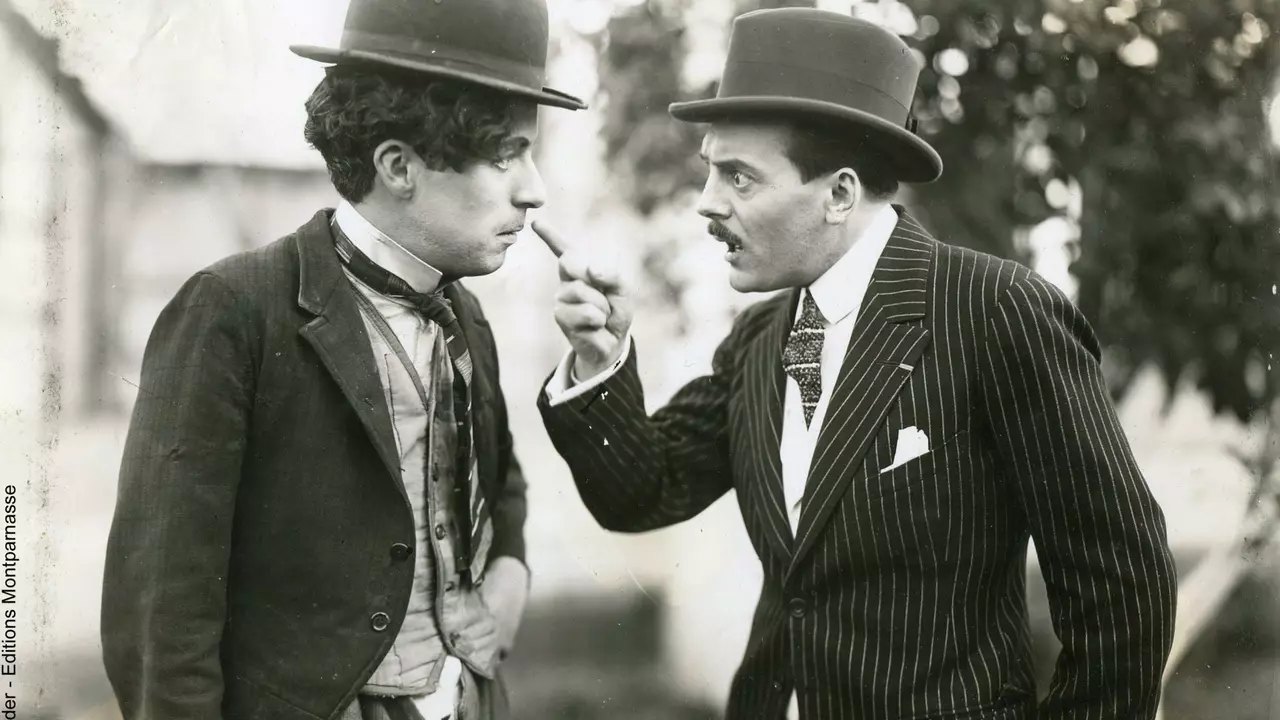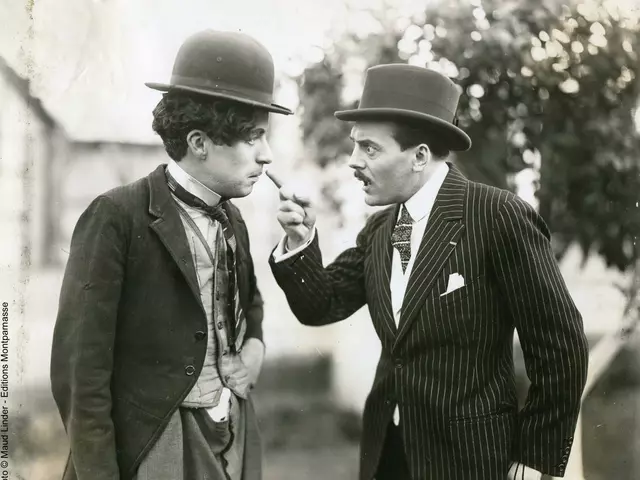Charlie Chaplin, Laurel and Hardy, or Harold Lloyd?

Discovering the Magic of Charlie Chaplin
When we think of classic comedy, Charlie Chaplin easily comes to mind. He was an iconic figure in the silent film era with his unforgettable character, "The Tramp". His blend of slapstick with elements of pathos made him a global figure in world cinema. He was not just a comic but also a filmmaker with a remarkable understanding of the human condition.
Chaplin's films, such as "The Gold Rush", "City Lights", and "Modern Times", have stood the test of time and continue to entertain audiences. He was a master of comedic timing and physical humor, and his expressive face could convey a multitude of emotions without the need for dialogue. His social commentary, often hidden within layers of comedy, remains relevant to this day.
Diving Into the World of Laurel and Hardy
Laurel and Hardy, comprised of Englishman Stan Laurel and American Oliver Hardy, were one of the most popular and critically acclaimed comedy duos in early American cinema. Their comedic style, which was marked by slapstick and situational comedy, was a hit with audiences.
Their characters were perfect foils for each other - Laurel played the naive and clumsy friend to Hardy's pompous and bossy character. Their films usually centered around simple, everyday scenarios that escalated into chaotic situations due to their characters' ineptitude. From "Sons of the Desert" to "Way Out West", their films are timeless classics that still generate laughs.
The Silent Genius of Harold Lloyd
Harold Lloyd was one of the most influential figures in early cinema. Known for his "Glasses Character", a resourceful, success-seeking go-getter, Lloyd's films were a blend of comedy and daredevil stunts. His films often featured him in dangerous situations, such as hanging from a clock tower in "Safety Last!".
Lloyd's comedy was less about slapstick and more about situational humor and visual gags. He was a master at crafting comedic sequences that built tension and culminated in a hilarious climax. His influence on comedy and cinema as a whole is immeasurable.
Comparing the Styles
While all three - Charlie Chaplin, Laurel and Hardy, and Harold Lloyd - were masters of their craft, their comedic styles were quite distinct. Chaplin's humor often had a touch of sadness and social commentary, while Laurel and Hardy's comedy was based on their characters' personality clashes and farcical situations. On the other hand, Lloyd's comedy was rooted in the ambition and resilience of the everyman character he played.
Each brought their unique touch to the world of comedy, creating timeless pieces of art that continue to inspire and entertain. Their impact on the film industry is undeniable, and their legacy continues to live on.
My Personal Verdict
As a fan of classic comedy, it's hard for me to pick a clear winner among these three. Each had their own style and each brought something unique to the table. Charlie Chaplin's social commentary, Laurel and Hardy's character-driven humor, and Harold Lloyd's daredevil comedic stunts - all of them have a special place in the annals of cinema history.
In the end, it's a matter of personal preference. You might prefer one over the others, but you can't deny the immense talent and contribution of all three to the world of comedy and cinema. Their work continues to be celebrated and enjoyed by audiences of all ages, proving that good comedy truly is timeless.
